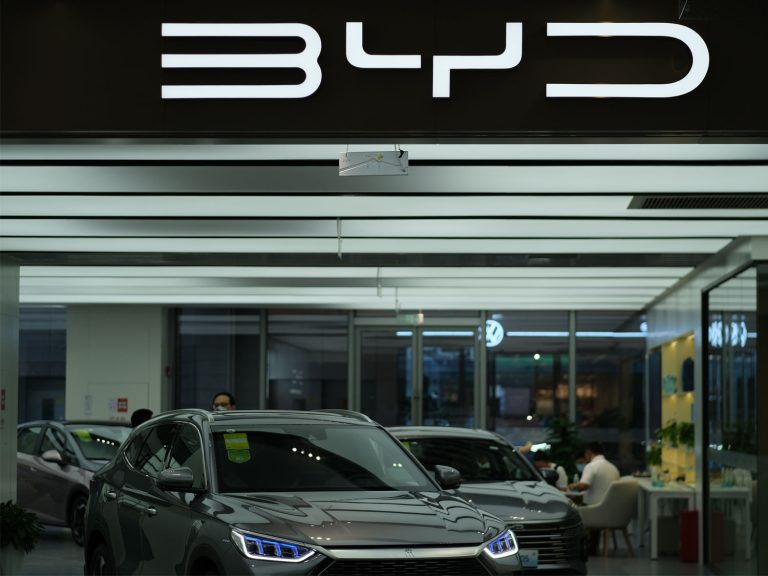
Date:
US tariff increases on China EV’s have wider ramifications
Only 2% of US electric vehicle (EV) imports come from China and while economists ponder how effective President Biden’s new 100% tariff will be in protecting US markets, it is likely that EV flows will be redirected to Europe by manufacturers eager to exploit profitable markets.
On the 14th May the United States imposed 100% tariffs on Chinese EV’s, tripled the tariff on steel and aluminium, and increased tariffs on solar cells to 50%, with the rate on semiconductors set to be doubled from 2025.
The US president said that the Chinese government had heavily subsidised industries, including semiconductors, EVs and solar panels for years, pushing manufacturers to produce far more than the rest of the world can absorb and then dumping excess products at unfairly low prices.
The US move came as the European Commission is struggling to protect their own green technology industries, with officials stressing that Brussels lacks the powers to compete with Washington and Beijing in a global trade war.
They predicted that the US measures would likely increase an already uncomfortably large trade deficit with China and while Brussels is under pressure to impose countervailing duties to address that imbalance, the fear of a trade war grows.
To recoup steep development costs and to continue growth China’s EV makers have little option but to expand overseas and with the US, the largest auto market after China, more challenging, the next largest market is Europe.
Just a week ago China signalled that it was ready to unleash tariffs of up to 25% on imported cars, as trade tensions escalated with the US and European Union, but Reuters is reporting today that China may be looking at de-escalating tension by lowering tariffs on EU auto imports to 10% from the current level of 15%.
Chinese EV makers can sell cars in Europe for more than twice the China price, which leaves plenty of room to absorb additional tariffs and the German Chancellor Olaf Scholz has said that it would be better for Europeans to press China on lowering its auto import tariffs than to start a trade dispute.
Manufacturers are also investing in Europe, with BYD building an EV plant in Hungary and eyeing a second, while Chery Auto, China’s largest automaker, is opening its first European plant in Catalonia and SAIC, China’s second-largest auto exporter, is searching for its first European plant.
The CEOs of Mercedes-Benz and BMW have spoken against trade barriers and argued that German automakers can handle Chinese competition.
A joint venture between Stellantis and China’s Leapmotor will see the Franco-Italian automaker sell the Chinese EVs across Europe and shows how established automakers can pivot on whether they see China as a threat or an opportunity.
Stellantis CEO Carlos Tavares, who had previously called for higher tariffs on Chinese EVs before partnering with Leapmotor, said that tariffs were a major trap and that “Instead of being purely defensive vis-à-vis the Chinese offensive, we want to be part of the Chinese offensive.”
If you would like further information, or have questions or concerns about any of the developments outlined here, please EMAIL our Automotive team who are standing by to assist.
